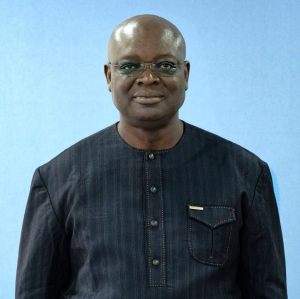
Africa must build stronger homegrown knowledge institutions to reduce reliance on donor-driven studies and external consultants, according to organisers of the 11th Africa Think Tank Summit, which opens next month in Addis Ababa.
Zadig Abraha, President of the African Leadership Excellence Academy (AFLEX), said Africa’s development prospects depend on closing the gap between policy design and implementation. “Without visionary leaders, skilled public servants, and strong institutions, even the best policies will remain aspirations on paper,” he told reporters at a virtual briefing.
The summit, convened by the African Capacity Building Foundation (ACBF) in partnership with the African Union Commission and AFLEX, will focus on public financial management under the theme “From Taxation to Action: Bridging Policy and Implementation.”
The President argued that Africa has the resources to transform its economies but lacks the knowledge systems needed to leverage them. While the continent holds 30% of the world’s minerals and 60 percent of arable land, policy decisions still rely heavily on external expertise.

“Most African policy decisions are still overly dependent on external consultants and donor-driven studies,” he said, calling for a pivot toward indigenous research and think tank-led foresight.
Think tanks, he added, must evolve from academic institutions into engines of innovation, capable of providing evidence-based solutions to pressing challenges such as debt management, climate change, artificial intelligence, and food security.
He described the 21st century as “a century of think tanks and knowledge,” with Africa’s demographic expansion — one in four people globally will live on the continent by 2050 — creating both risks and opportunities.
“We are on the edge of time,” he said. “Africa must mobilize itself along the African dream.”
He noted that the continent could replicate the leapfrogging achieved with mobile money by advancing in governance, policy, and knowledge economies.
Mamadou Biteye, Executive Secretary of the ACBF, said the summit aims to move beyond dialogue by launching practical initiatives. These include the Africa Think Tank Platform Project, backed by US$50 million in World Bank funding, to connect research institutions with policymakers; a new book chronicling the successes and failures of African think tanks; and training programs in taxation and public finance management.
“Knowledge without implementation has little impact,” Mr. Biteye said.
He stressed that fiscal reforms across Africa must be translated into tangible benefits for citizens.
Mr. Biteye also warned that shrinking fiscal space, rising debt, and declining flows of aid and foreign investment are placing unprecedented pressure on African governments. Debt levels across the continent are now double what they were before the debt relief initiatives of the early 2000s. Meanwhile, domestic resource mobilisation remains weak, with low tax ratios, large informal sectors, and underutilised opportunities in digital economies such as mobile money.
Despite these challenges, he said the summit would emphasise solutions driven by Africans themselves.
“Think tanks have been at the heart of Africa’s development story,” Mr. Biteye said. “ATTS 2025 is designed to amplify their voice and impact.”
The post Africa must replace donor studies with homegrown knowledge systems appeared first on The Business & Financial Times.
Read Full Story
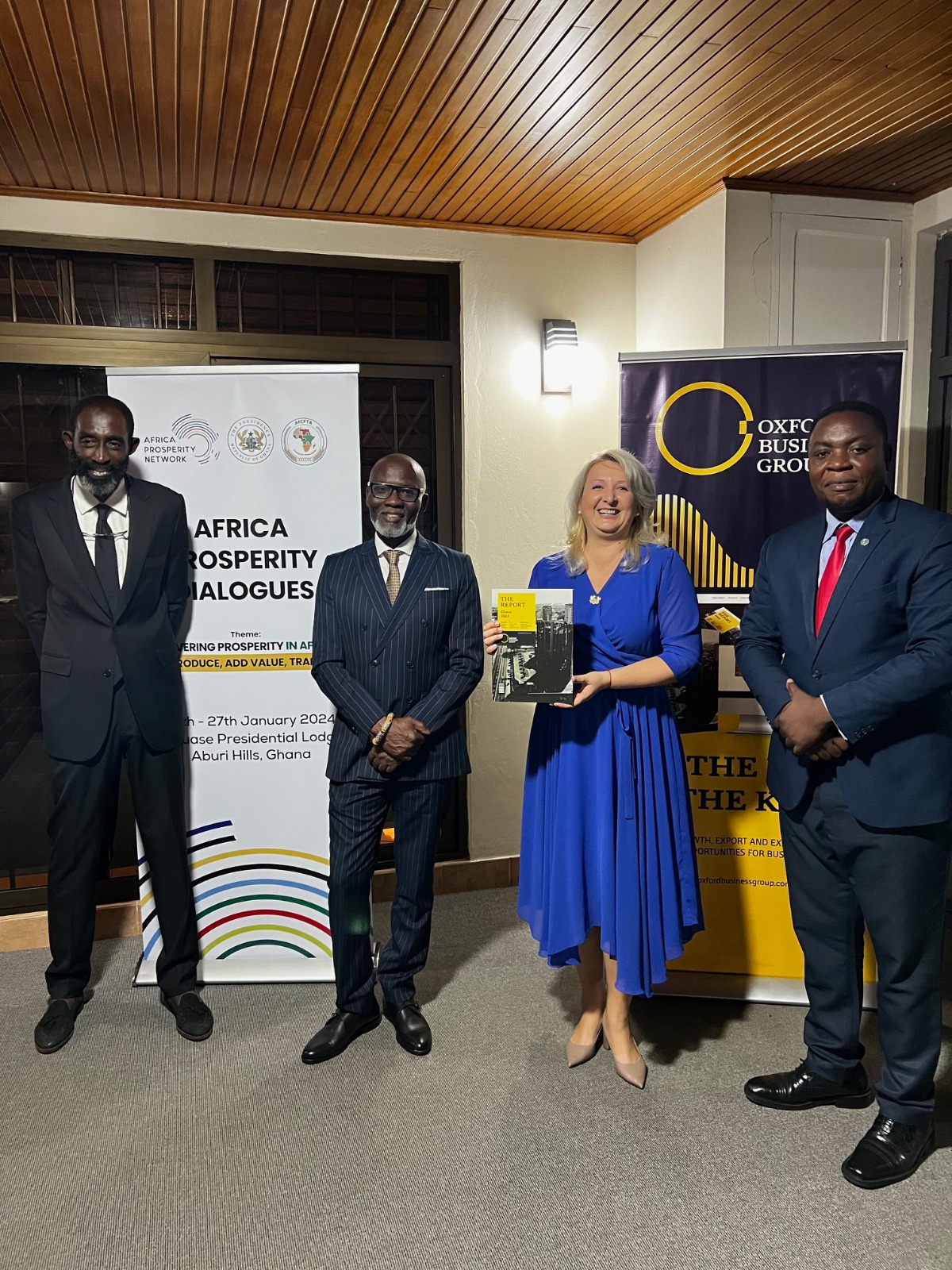


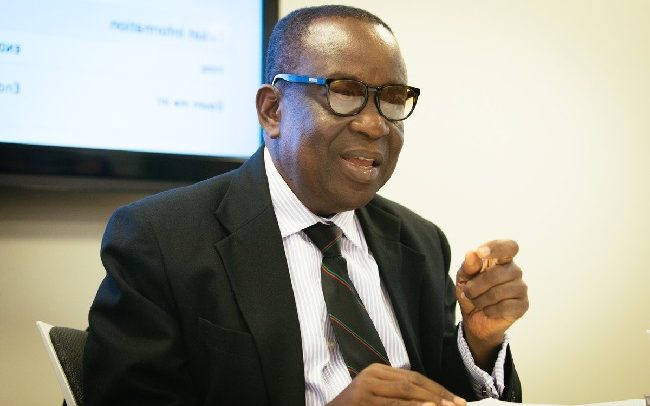




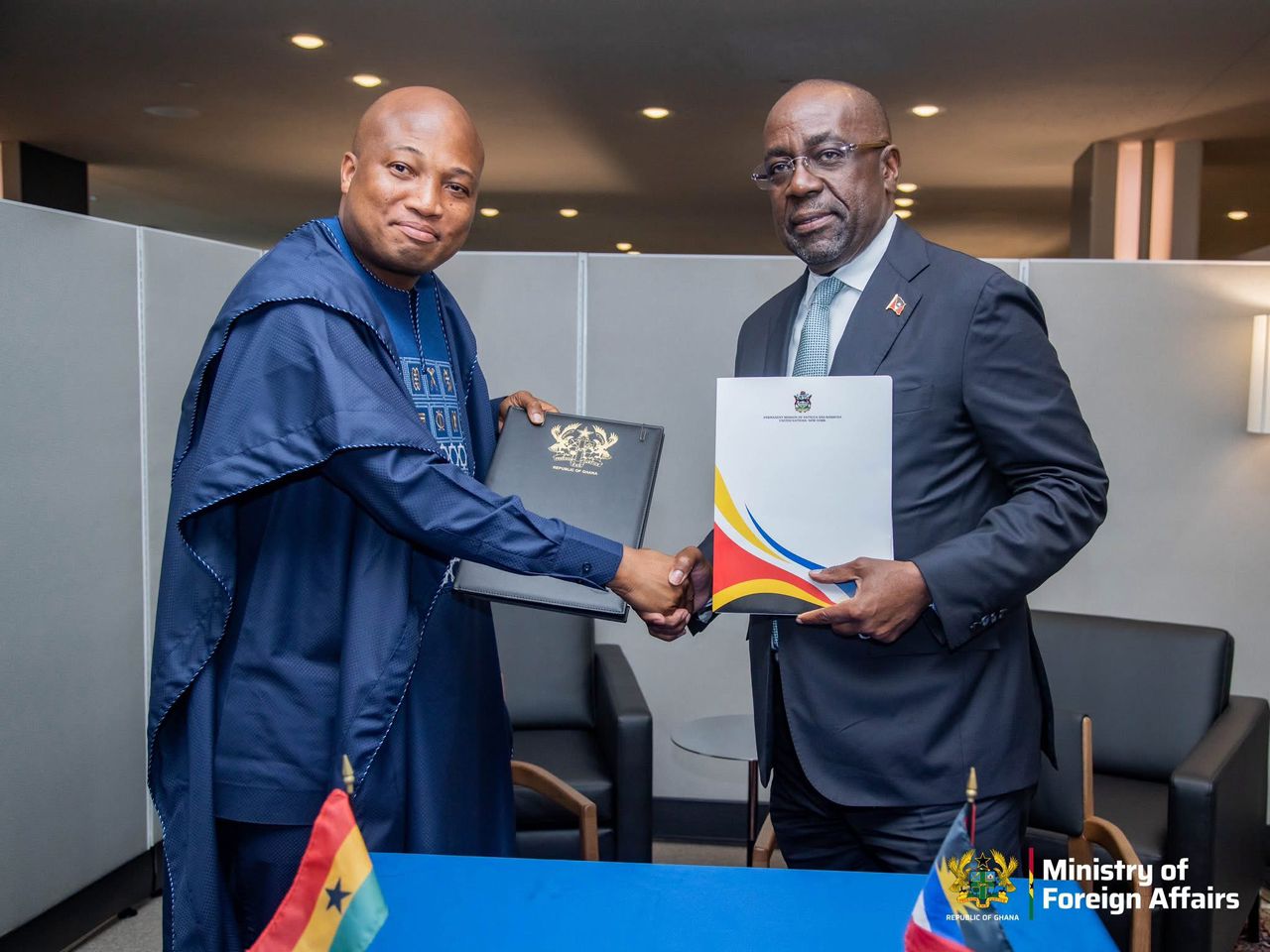
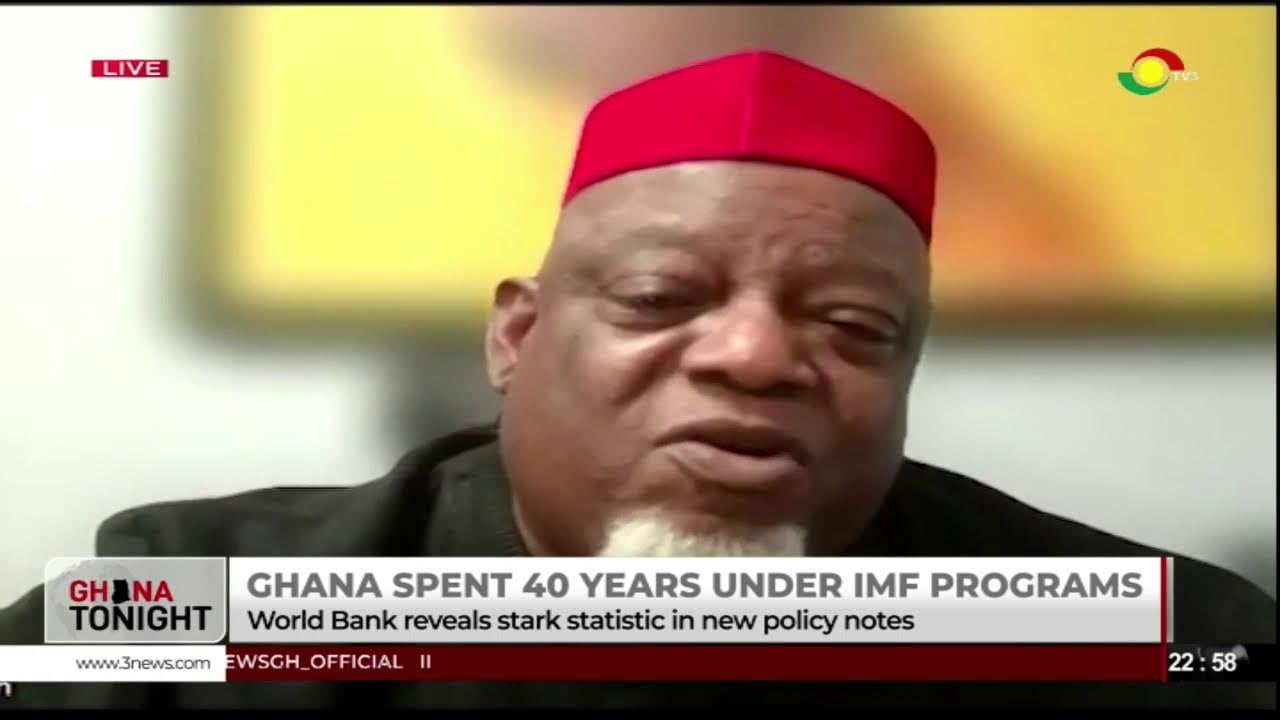






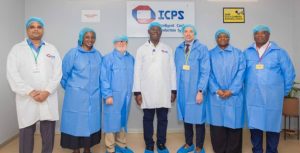
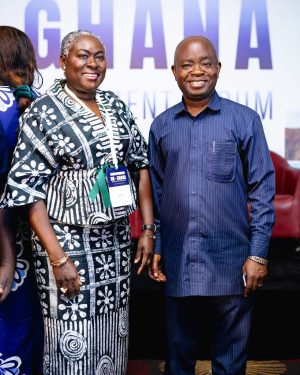


Facebook
Twitter
Pinterest
Instagram
Google+
YouTube
LinkedIn
RSS